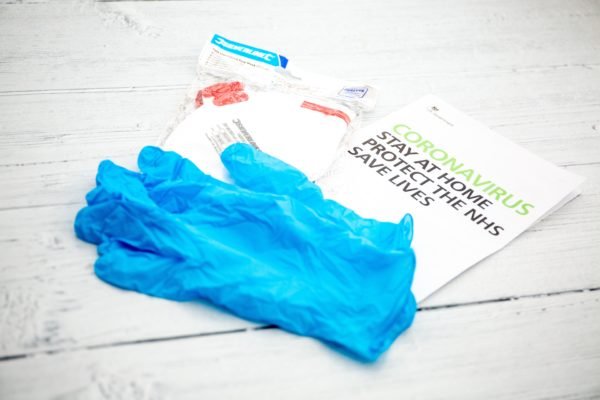
Although there are ongoing clinical trials for supposed COVID 19 vaccines, there’s still no certainty that the pandemic will be over soon. And while the problem continues to affect the entire world, another challenge that’s adding to the issue is the spread of misconception and misinformation about the disease. Unfortunately, some people easily believe these myths, especially those related to possible treatments for the disease. For example, you’ll find plenty of rumours circulating on social media about preventing the spread of the disease. Most of these aren’t facts, and some could even put your health in danger. In this article, we will answer frequently asked questions about the virus, including its treatment and prevention.
Antibiotics don’t work on COVID 19
When the pandemic started, people started panicking and assumed that antibiotics could help cure the disease. Pharmacies publish advisories indicating that antibiotics are ineffective in treating the virus. Buy antibiotics online UK to kill bacteria, and treat illnesses that require an approach different from that of treating viruses. Anytime you experience the COVID 19’s signs and symptoms, it’s critical to avoid self-medicating. Instead, it would help if you had yourself tested at the nearest medical facility to receive proper care.
Home remedies and supplements aren’t proven to protect against COVID
Even a person at the peak of his health isn’t immune from contracting the infection. Although some recommend taking supplements like Vitamin C and D, these aren’t sufficient to protect you from the virus. Strengthening your immune system is a good defence against common illnesses. But, you still need to take extra precautions if you want to avoid contracting coronavirus.
The right way to protect yourself while in public
Going out in public will expose to a certain level of risk, unless you put on protective clothing such as a mask and face shield, and follow safety guidelines. According to health experts, one of the best ways to prevent the spread of the virus is to wash your hands with antibacterial soap for at least 20 seconds. You also need to avoid any physical contact, and stay at least 6 feet away from others. If possible, avoid congested places and always bring antiseptic wipes for surfaces such as railings. Upon arriving at home, you need to disinfect before entering and have a dedicated area for clothing, shoes, and other clothing items so that you don’t need to bring them inside.
The virus may also survive for a short period depending on the type of surface, which is why any deliveries you receive in the mail should be cleaned and disinfected.
How soon will a vaccine be available?
Clinical trials can take months to be completed. Right now, there is news that some countries are already in the final stages of testing a potential vaccine for the virus. In the meantime, the best way to prevent the disease from spreading is to follow safety protocols. If you can’t avoid going outside for work, make sure always to wash your hands, wear protective clothing, and follow physical distancing guidelines.
